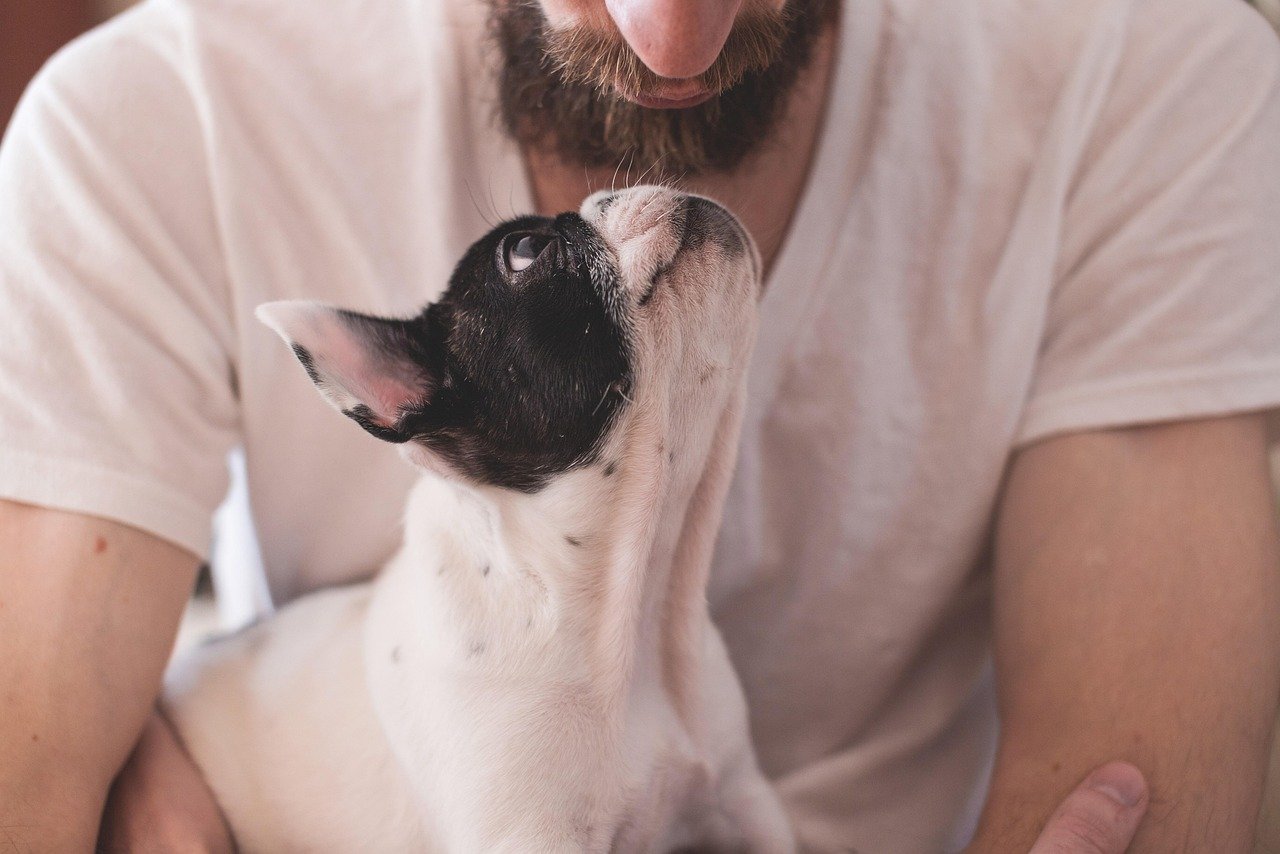Picture this: you walk through the front door after a long day, and before you can even set your keys down, your furry companion is already bouncing with pure joy. Their tail is going a mile a minute, their whole body is wiggling, and they’re making those delightfully silly sounds that only dogs can make. What triggered this explosion of happiness? It might just be a single word you haven’t even said yet, but they know it’s coming.
Dogs are incredibly perceptive creatures who hang on our every word, waiting for those magical combinations of sounds that promise something wonderful. They’ve cracked our human code in ways that would make cryptographers jealous. While it can range from as few as 15 to over 200, on average, a well-trained dog understands about 165 words, but some special words hold the power to turn your calm pup into a four-legged celebration machine.
The Magic of “Walkies” – The Ultimate Happiness Trigger
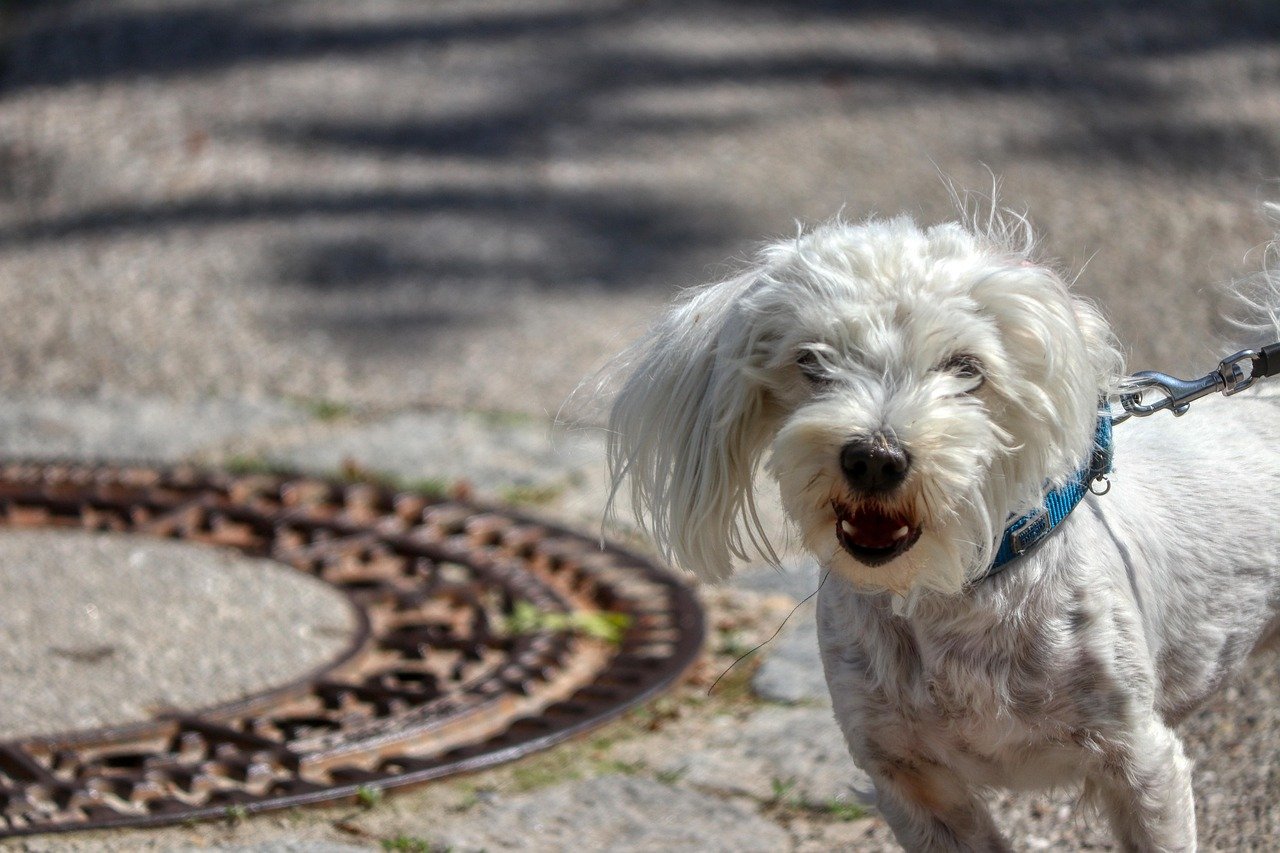
If there’s one word that can transform even the sleepiest dog into a bouncing ball of energy, it’s “walkies.” Coming in first place – winning the metaphorical gold medal – is the word “walkies,” which averaged a response of 156 bpm in recent studies measuring canine excitement through heart rate.
The moment this word leaves your lips, you’ll witness what can only be described as pure magic. Dogs often react excitedly to the word “Walk,” associating it with outdoor fun. They’ll race to the door, spin in circles, and might even attempt to grab their own leash. It’s like watching someone win the lottery, except it happens every single day.
“Treat” – The Universal Language of Love

No word in the English language carries quite the same weight as “treat” in the canine world. The word “treat” is a key motivator in dog training and a pure source of joy for most dogs. Hearing this word often leads to immediate focus, eagerness to please, and anticipation of a tasty morsel.
This isn’t just about food, though that’s certainly part of it. The word “treat” represents reward, accomplishment, and your approval all rolled into one delicious package. Dogs quickly associate this word with tasty rewards, making it a powerful tool for trainers. Offering treats for obedience and tricks strengthens the bond while ensuring dogs remain motivated and eager to please. Watch their ears perk up and their eyes lock onto you with laser focus the moment they hear it.
“Dinner” and “Food” – The Sweet Sound of Satisfaction

Second and third place, to virtually no surprise, are both food-related. “Dinner/food/eat” and “treat” garnered responses of 152 bpm and 151 bpm respectively. There’s something almost mystical about how dogs can detect the dinner preparation process before you’ve even opened a single can or bag.
“Food” is a universally recognized word among dogs, symbolizing sustenance and satisfaction. The association with nourishment makes “Food” a powerful word, fostering well-being and happiness in dogs. They may start circling, barking playfully, or engaging in their own version of a happy “dinner dance.” The sound of kibble hitting the bowl, paired with these keywords creates a full package of excitement.
“Good Dog” – The Praise That Makes Their Day

These two simple words together create a symphony that resonates deep within your dog’s heart. Speaking to your dog in a cheerful voice will tell him that you are proud of his behavior or that you want to play. And he will learn to associate a particular behavior with a happy owner.
When you say “good dog,” you’re not just acknowledging their behavior, you’re validating their entire existence. They love to hear appreciating words like a good boy or good girl, it’s a doggo way of creating fun and lovely bonding moments like these. You’ll notice how they seem to grow taller, their chest puffs out slightly, and their tail reaches new heights of wagging enthusiasm.
“Play” – The Invitation to Pure Joy

Words associated with play are equally exciting for many dogs. “Get it,” “fetch,” and “toy” all invoke the promise of activity, engagement, and bonding time with their owners. The word “play” is like opening a door to a world where responsibilities don’t exist and fun is the only priority.
This word triggers an immediate shift in your dog’s demeanor. A dog is telling you they are up for fun or want to play when they do a play bow. They are inviting play and want to interact. You might see them drop into that classic play position where their front end goes down while their rear end stays up, or they might start doing those adorable little bouncy hops that seem to defy gravity.
“Car Ride” – Adventure Awaits

For many dogs, “car ride” represents the ultimate adventure. Whether it’s the feeling of the wind in their ears or their innate love of adventure, despite some of our furry friends associating the car with a trip to the vets, car ride made it into the top three favourite words. It’s fascinating how dogs can distinguish between different types of car trips based on subtle cues from their humans.
Happy dogs enjoy playtime and walks, and most even love rides in cars. The moment you mention a car ride, many dogs will race to the door or even try to beat you to the vehicle. They understand that car rides often mean new smells, new sights, and maybe even a visit to their favorite park or that drive-through place that gives out free dog biscuits.
“Come” – The Word That Brings Them Home
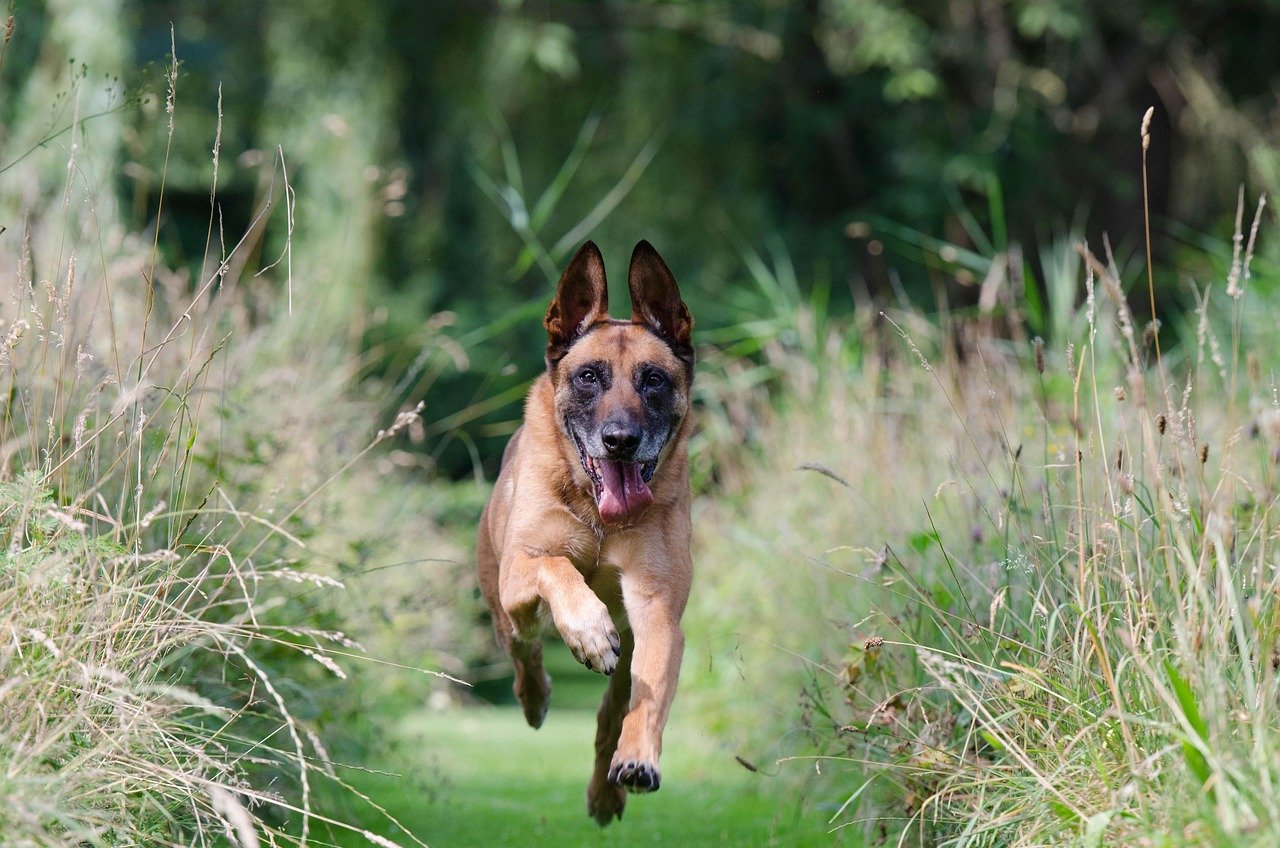
The word “Come” is vital for recall, ensuring your dog returns to you promptly. The “Come” command not only reinforces obedience but also enhances the trust between you and your dog, making outdoor adventures more secure and enjoyable. But beyond its practical applications, this word carries emotional weight.
When said with the right tone and enthusiasm, “come” becomes an invitation to connection. Using a positive tone and rewards enhances learning. It’s your dog’s cue that something good is about to happen, that their presence is wanted and valued. You’ll often see them approach with that bouncy, happy gait that says they’re thrilled to be included in whatever you’re doing.
“Outside” – The Gateway to Wonder
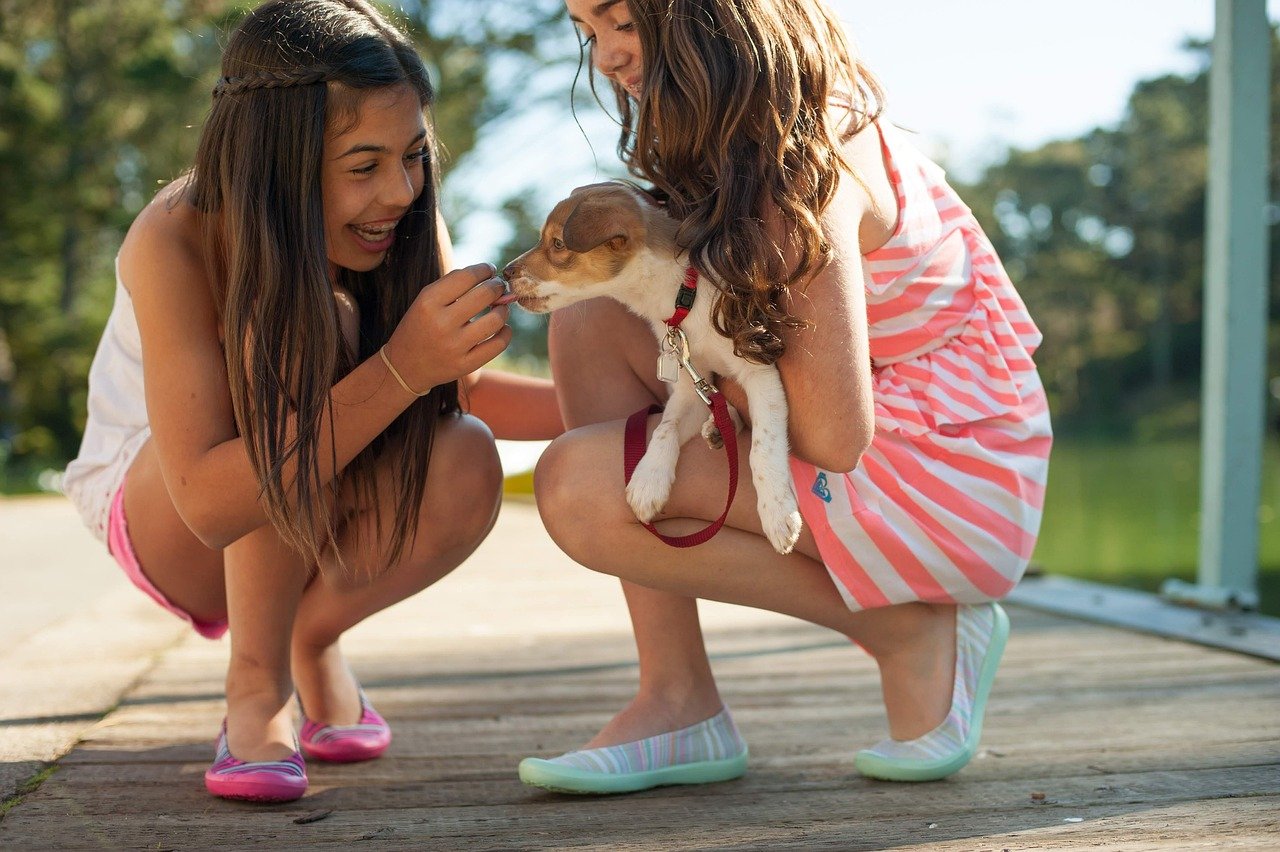
Right now, some of the most common buttons that people have added to their dog’s soundboard are “Outside”, “Play”, “All Done”, “Water”, and “Walk”. The word “outside” opens up a world of possibilities that dogs find irresistible. It promises fresh air, interesting smells, and the chance to explore their territory.
Even dogs who live in apartments with small balconies get excited about going outside. There’s something primal about this word that speaks to their adventurous spirit. For example, “forward, outside…” is a standard verbal cue paired with another word to indicate your intention to go outside. However, “outside” to an experienced guide, whose handler has consistently used it, is meaningful. You might notice them heading toward the door before you’ve even finished saying the word.
“Love You” – The Ultimate Expression

While dogs might not understand the full depth of these words the way humans do, they certainly understand the emotion behind them. The survey revealed that the average dog in America understands 18 words, a vocabulary extending beyond the usual commands. Interestingly, “love” and “happy” are among the recognized words, indicating dogs’ awareness of affectionate and positive terms.
It’s interesting to note that one of the phrases most frequently taught to dogs by their owners is some version of, “I love you…” When you tell your dog you love them, you’re likely to see a softening in their expression, maybe a gentle tail wag, or they might even lean into you for physical contact. These words, combined with your tone and body language, communicate pure affection in a way that transcends species barriers.
Their Name – The Most Personal Word of All
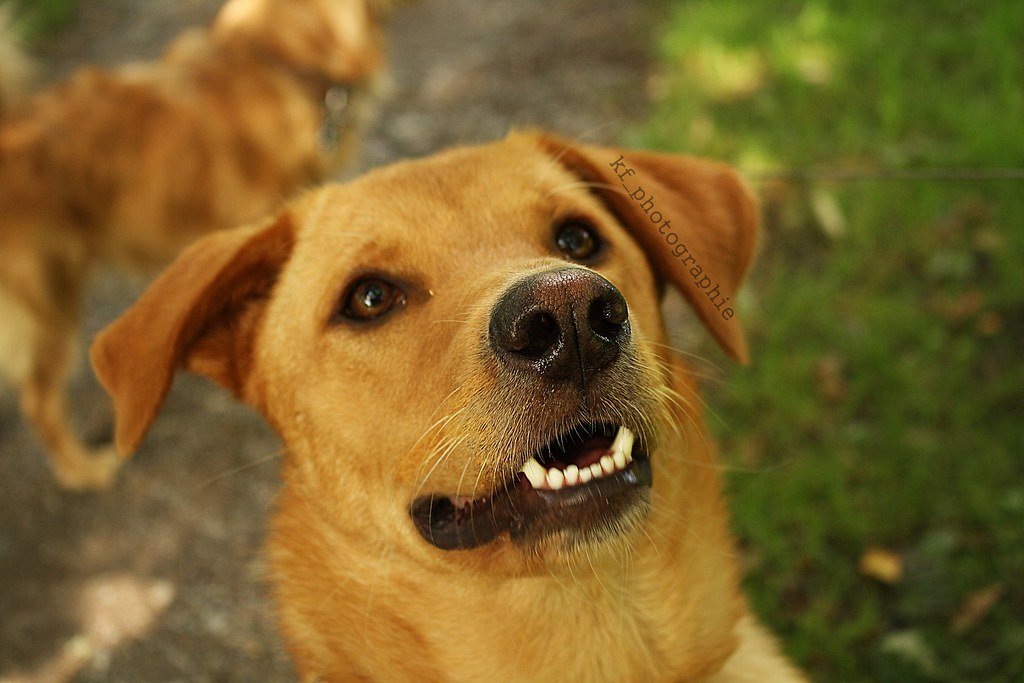
Of all the words your dog knows, their name might be the most powerful. It’s the word that separates them from every other dog in the world, the word that says “this is specifically for you.” Also, for good results, always say your dog’s name first, then the word you are teaching him.
When dogs hear their names, there’s often an immediate shift in attention and body language. Naming a toy, using the dog’s name, or calling the dog a good boy or girl were also exciting for the dogs. Their ears might perk up, their head might tilt slightly, and you’ll see that moment of recognition in their eyes. It’s their cue to pay attention because something involving them is about to happen, and in their world, that’s always cause for excitement.
Conclusion
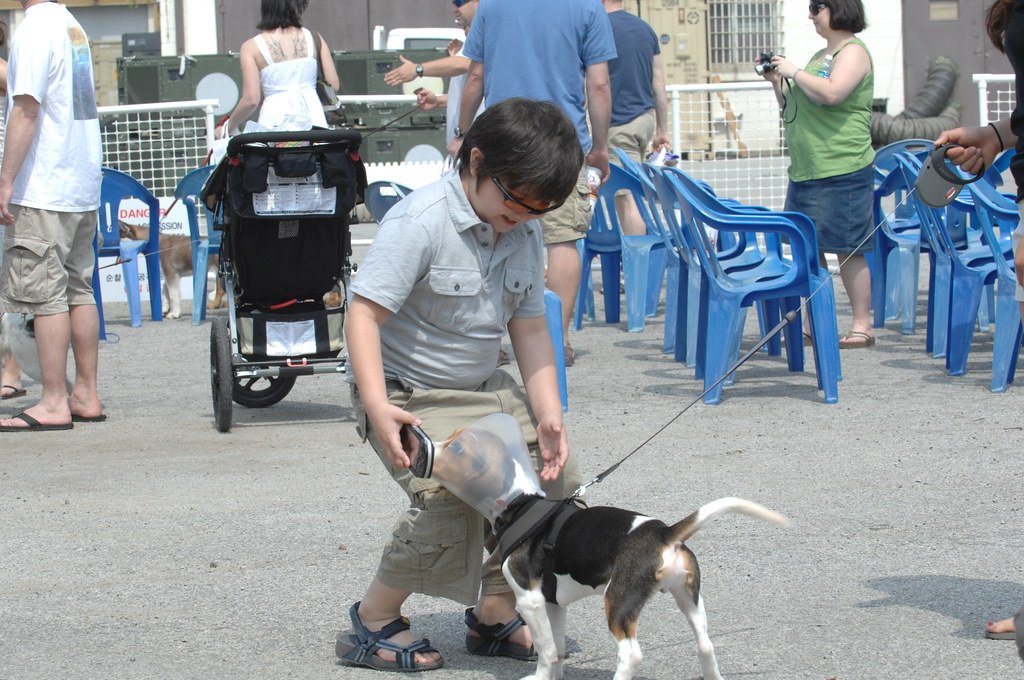
These ten magical words represent far more than simple vocabulary to our canine companions. They’re keys that unlock joy, excitement, and that special connection between human and dog that has evolved over thousands of years. These words are more than just sounds; they are potent cues that set off a flurry of happy tail wags, pricked ears, and eager anticipation. Understanding these verbal triggers allows owners to enhance their communication and strengthen the bond with their dogs.
What makes these words so powerful isn’t just their meaning, but the emotions and experiences they represent. Dogs don’t just react to sounds – they associate words with objects, actions and outcomes. Their ability to connect language to meaning helps explain why they often seem to know more than we expect.
The next time you use one of these words, take a moment to watch your dog’s reaction. Notice how their whole demeanor changes, how their body language shifts, and how their eyes light up with anticipation. It’s a beautiful reminder of the incredible bond we share with these amazing creatures who’ve learned to speak our language of love.
What word makes your dog the happiest?

Born and bred in South Africa, a Capetonian at heart. Amy-Leigh’s love for nature and animals was inherited from her Dad. He loves taking the family on road trips to experience nature at its finest; Amy-Leigh’s favourite being whale watching in Hermanus and spotting Kudu along the West Coast. Amy-Leigh holds a BA in English Literature and Communication Studies.

